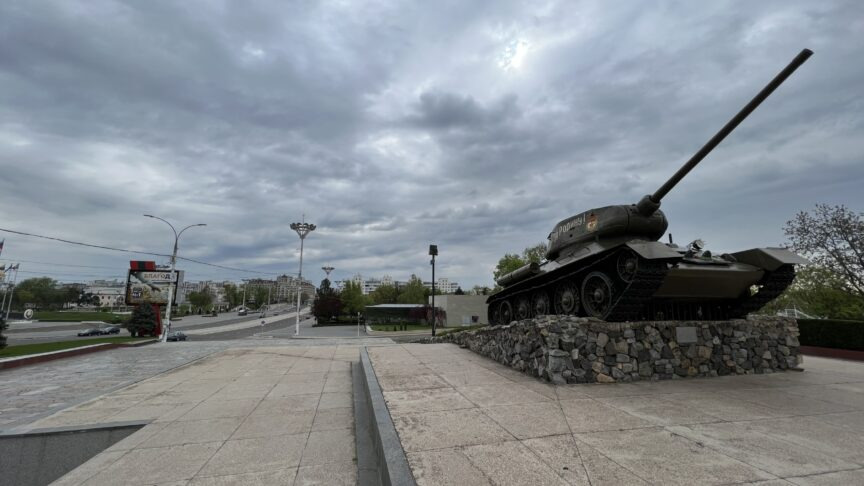In the shadow of the international focus on Ukraine, there is another country experiencing the effects of Russia’s hybrid war tactics—Moldova. Often overlooked, Moldova is a nation partly occupied by pro-Russian forces, and it is becoming a battleground for the future of democracy in Europe. This article delves into the complexities of Moldova’s situation, analyzing Russia’s motivations and strategies, the country’s vulnerabilities, and the potential consequences for Europe and the West.
Moldova: A Nation Caught in the Crosshairs:
When asked to name a country partly occupied by pro-Russian forces, many would immediately think of Ukraine. However, Moldova shares a similar fate. Allegedly, the capital of Moldova, Kishinev, has even been the target of a Moscow coup, leading airlines to refuse flights due to the threat of Russian missiles. Moldova, a pro-EU nation, has now become a prime target for Russia’s hybrid war tactics, as it presents an opportunity for the Kremlin to extend its influence and control in the region.
Instability and Protests:
The current instability in Moldova has added to the West’s fears. The country has been witnessing ongoing protests since last year, fueled by public anger over rising energy bills and the already dire economic conditions. As one of the poorest countries in Europe, Moldova’s citizens have reached a breaking point. Interestingly, Moldovan and Western intelligence agencies claim that these protests are not spontaneous, but rather incited, exploited, and even financially supported by agents from Moscow. The goal is to create conflict, a coup, or a revolution in Moldova, with reports even suggesting that the Russian plot is being run from the UK.

Hybrid Threats and Disinformation Campaigns:
Russian involvement in Moldova goes beyond instigating protests. Experts point to Russia’s implementation of hybrid war strategies, which combine military and cyber warfare with propaganda and disinformation campaigns. Ukrainian and American intelligence agencies concur that Russia is actively employing these tactics in Moldova. Secret documents leaked in March revealed a plan to install a pro-Russian ruling class in Moldova by 2030. However, Russia denies any interference and instead accuses Moldova’s pro-EU government of spreading disinformation.
Historical Context and Vulnerabilities:
Moldova’s historical context sheds light on why Russia sees it as an ideal target for its hybrid war. The country has long been caught between competing powers, with various empires fighting over its territory, culture, and language. Moldova’s history of contention makes it susceptible to Russian manipulation. Furthermore, Moldova is home to breakaway pro-Russian regions such as Transnistria, which has received significant support from Russia and advocates for joining the Russian Federation. Another region, Gagauzia, has recently elected a pro-Russian leader who seeks closer ties with Moscow.
Resilience and Risks for Moldova:
The resilience of Moldova’s democracy and its ability to withstand Russian hybrid warfare are major concerns. Moldova has only been an independent democracy for 30 years, and its army is in a vulnerable state. If Russia were to invade Moldova, experts fear that the resistance would crumble far quicker than in Ukraine. Currently, the ongoing conflict in Ukraine serves as a buffer, keeping Russia’s military occupied. However, there is a risk that Europe and the United States, preoccupied with Ukraine, might overlook Moldova, potentially breaking a key link in their defense against Russian aggression.
Conclusion:
Moldova finds itself at the crossroads of Europe, grappling with the formidable challenges posed by Russia’s hybrid war tactics. As a European democracy, Moldova faces disinformation campaigns, sabotage, and attempts to destabilize its government. The stakes are high for Europe and the West, as neglecting Moldova’s defense risks compromising their collective security. Supporting Moldova in countering Russian hybrid warfare becomes essential to protect democratic values, regional stability, and the future of democracy in Europe.
